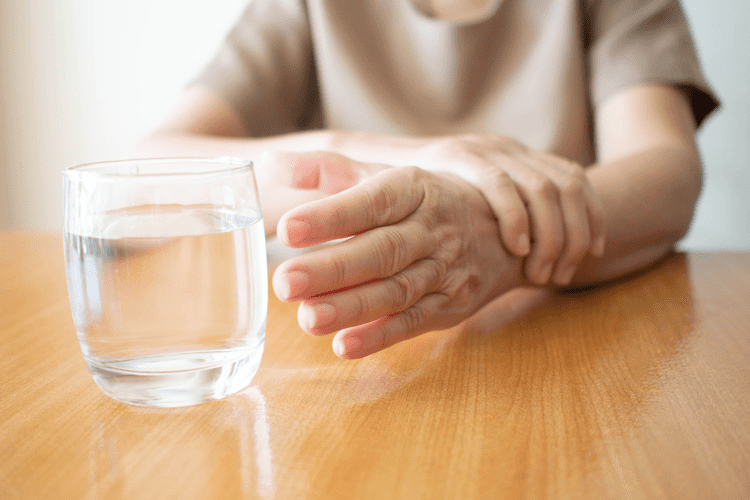Content
- How an Alcoholic Parent Affects Adult Children
- Healing from Parental Alcoholism
- Additional symptoms of post-traumatic stress disorder in adult children of alcoholics
- Adult Children of Alcoholics: Healing from the Childhood Trauma of Addiction
- Support for Adults with Alcoholic Parents
- A Vision of Hope and a New Life Direction for an ACoA
The individual you should be able to go to for comfort, support, and protection is the same one causing you anxiety and harmful feelings about yourself. This experience puts you at risk for long-term, post-traumatic stress effects or complex trauma later in life. It can also impact your relationships, self-esteem, and increase your chances of alcohol addiction. The women were recruited from an NGO offering counseling and therapy for adults growing up with alcoholic parents. Furthermore, the women’s educational levels were high and 11 out of 12 women cohabited with a male partner.
- These types of mental health conditions can make it difficult for individuals to form healthy relationships.
- Children with alcoholic parents learn to hide their emotions as a defense mechanism.
- They will then carry the emotional wounds of their dysfunctional and traumatic childhood into their adult relationships.
- You don’t think you deserve to be happy, have a healthy relationship, or take good care of yourself.
We excluded 51 respondents with missing information about race, 34 with missing educational data, and 77 with incomplete information about parental alcohol abuse. The final study cohort of 9,346 included 98 percent of the respondents. Alcohol classifies as substance use and affects a person’s general behavior. Generally, an alcoholic parent may feel happy, sad, out of control, angry, or have violent outbursts. An alcoholic father or mother may drink to feel better or relax as a coping mechanism for stress, or it could indicate an underlying mental illness. In some instances, it could result from alcohol dependency due to poor drinking habits.
How an Alcoholic Parent Affects Adult Children
In therapy, one might discover a great deal about oneself in overcoming the side-effects of growing up with an alcoholic parent. Just because a person grew up living under the effects of parental alcoholism does not mean they cannot thrive in adulthood. ACOAs can change their lives by beginning a new chapter in their life to experience hope, love, and joy. While growing up, you learned to stuff your feelings to survive in a home where they weren’t welcomed.
The women described their childhood experiences as having affected how they felt during the pregnancy. However, the women were not prone to discuss these feelings with ANC providers. The womens’ conversations with ANC providers mainly focused on their physical situation. The women described talking to their ANC providers about subjects such as adequate food intake, weight gain and their baby’s growth. Daughters of alcoholic fathers are often exposed to a great deal of conflict and dysfunctional behavior.
Healing from Parental Alcoholism
Relaxing can be difficult when memories pop into your head and leave you with anxiety and tears. You are a perfectionist, feel safe being in control, were a straight A student, and never give up. You are a leader, Type A personality, you may be an athlete and a runner.

Furthermore, after adjustment for differences in age and race, the magnitude of the relationships between a history of sexual abuse and health behaviors and outcomes was nearly identical for respondents and for nonrespondents. Thus we found no evidence that response bias affected the direction or strength of our estimates of the association between a history of sexual sober house abuse and behavioral and health outcomes (32). The child learns to act in a certain way to avoid or prevent the trauma of abuse or abandonment. Paradoxically, the child develops a strong affective bond to the abusive person. What may appear as a strong connection in a child-parent relationship may actually be a strong trauma bond and not a healthy, secure attachment.
Additional symptoms of post-traumatic stress disorder in adult children of alcoholics
Without this knowledge, women’s concerns and reactions risk being labelled as normal or, potentially, exaggerated. A previous systematic review and meta-analysis showed that antenatal preparation classes may be effective at reducing fear of childbirth [39]. As the women in this study were concerned about their ability to cope with the birthing process, these classes are potentially helpful for this group of women.
Similar characteristics were documented in a study showing that the adult children of alcoholics are liable to have problems regarding self-confidence and feelings of insecurity [29]. This study also showed that an inability to cope with uncertainty contributed to personal stress in adult life. Purposeful sampling was used to recruit women from a non-governmental organisation (NGO), which provided counselling and therapy for teenagers and adults who had grown up with alcoholic parents. Inclusion criteria were growing up with one or two parents with alcohol abuse and not currently being diagnosed with depression or any other serious mental illness. However, living with a parent struggling with substance abuse is surprisingly common. According to The Substance Abuse and Mental Health Services Administration (SAMHSA), one out of every eight children have lived in a household where at least one parent has a substance use disorder.

